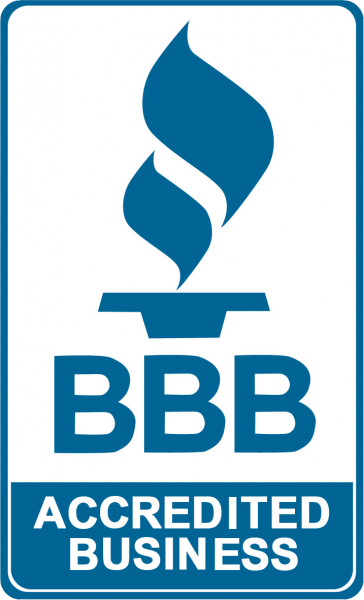Here’s an uncomfortable truth you need to accept: Someday—hopefully in the very distant future—you are going to die.
The good news: You can make that moment easier on your heirs by taking a few simple steps.
One of the best ways, financially, to prepare now for that time is to choose a person to be the executor of your estate. Unfortunately, that also can be one of the more overlooked aspects of estate planning—which can spell trouble for your family and your wealth.
The CEO of your estate
Your executor is essentially the CEO of your estate—the person responsible for making sure your will is executed properly. This role can mean handling everything from distributing assets to heirs to ensuring any taxes due are paid.
In other words, your executor is a crucial player on your estate planning team.
Not surprisingly, then, people often find it difficult to choose their executor. The good news: You can choose from virtually anyone. Although in our experience, a family member is the most common option, professionals—lawyers, bankers and others—are also commonly selected. What’s more, family member executors may engage a professional for help doing the job—a move that can potentially help avoid family conflicts over assets.
Executor misconduct
There are clear circumstances where executors do not fulfill their obligations. Some of the more egregious issues we have seen include:
◼ Withholding inheritance. There are times when an executor is not required to disburse assets, such as when debts have to be paid off first. However, when the executor is not disbursing assets in a timely manner, it can be a red flag that should be looked into.
◼ Breach of fiduciary obligations. All executors have a fiduciary duty to act in the best interests of the deceased and the beneficiaries. For example, executors must keep records of all financial transactions and be able to show those records to the heirs. Sometimes, however, executors fail to fulfill their fiduciary duty. Even if the failure is not ill-intended, ignorance is not a valid excuse.
◼ Stealing from the estate. There are examples of executors who have stolen funds from the estate. Access and limited oversight (or no oversight at all) can easily result in greedy people abusing their position as executor.
FOUR CONSIDERATIONS WHEN CHOOSING AN EXECUTOR
Based on all of this information, we think it makes good sense to select your executor carefully so that your wishes as laid out in your will are honored and followed.
There are a few actions that we believe can potentially help make sure your executor does a good job (see the exhibit below).
Getting what you want
1. Pick someone you trust who is willing to do the job. You need to select someone—such as a family member—in whom you have a great deal of faith. That won’t guarantee things will turn out as you want them to, but it can potentially reduce the risk of negative outcomes.
Your executor must also have the time required to do a good job, and be inclined to take on the role and all it involves. This is true even if he or she ultimately engages a professional for additional help.
Important: If choosing a trusted family member or friend isn’t an option for you, you might consider going with a corporate executor. Professionals with experience in matters relating to wills and estates can potentially do the job of executor better than an amateur—especially when complex assets and estates are involved. Note, however, that generally there are higher expenses associated with a corporate trustee.
2. Make sure the executor knows what you want to happen and respects your wishes. The idea here is to eliminate any vagueness in the will. Communicate clearly what you want to have happen. The executor must respect your wishes even if he or she disagrees with them. For example, even if you leave money to a particular cousin whom the executor despises, the executor must still disburse the funds.
While it is possible to replace an executor, it is often costly and problematic. The better approach is to carefully and explicitly specify your wishes and choose a person to be executor who will do a good job in the role by following your wishes and preferences.
3. Select someone who is likely to be around to do the job. When choosing, consider a candidate’s age and health status. After all, an executor who isn’t alive or healthy enough to administer your estate won’t do you any good. Have a relatively young and healthy executor as your first choice or as a backup.
4. Consider the person’s financial health. Candidates who have financial challenges, excessive debt or liens against them may not be good, trustworthy options.
Conclusion
If you haven’t chosen an executor, it’s a great time to take this crucial step. If you already have one but haven’t revisited the issue in years, you might consider making sure your choice is still the best for you given your situation and goals.
3. Select someone who is likely to be around


